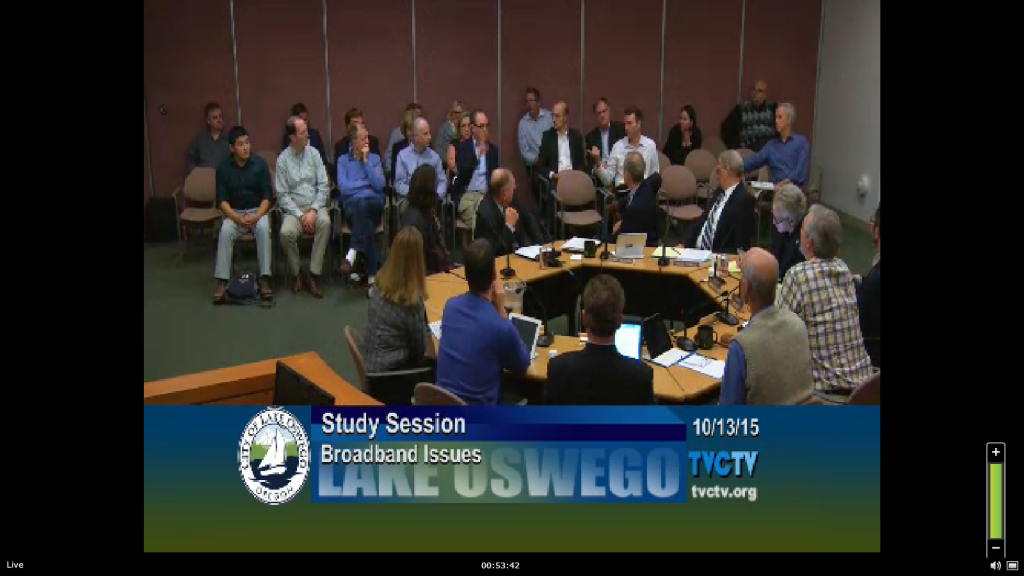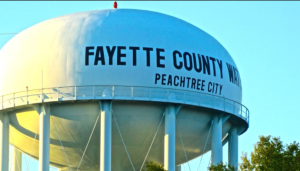
Picture taken by me of Qwest Field at night from Dr. Jose Rizal Park in Seattle, WA. (Photo credit: Wikipedia)
Frankly I’m austounded that the Seattle city council voted against the plan because they have consistiently behaved as if the government could always do things better than private enterprise. They have been stung once so this time they are being a bit smarter at their approach. The city has discovered the risk of competing with public enterprises and that broadband services are not necessarilly an utility.
by Karl Bode
Last week we noted that Seattle was once again considering building its own gigabit fiber network. More specifically, some city council leaders had proposed spending $5 million on a gigabit fiber network. More specifically, some city council leaders had proposed spending $5 million on a gigabit fiber build the neighborhood of North Beacon Hill, then moving forward with a larger, $480 million to $665 million network if the trial deployment showed promise. But the city council this week voted down the idea, striking a blow for a growing number of Seattle residents who — tired of CenturyLink and Comcast service — want to explore the idea of broadband as a utility. Continue reading












